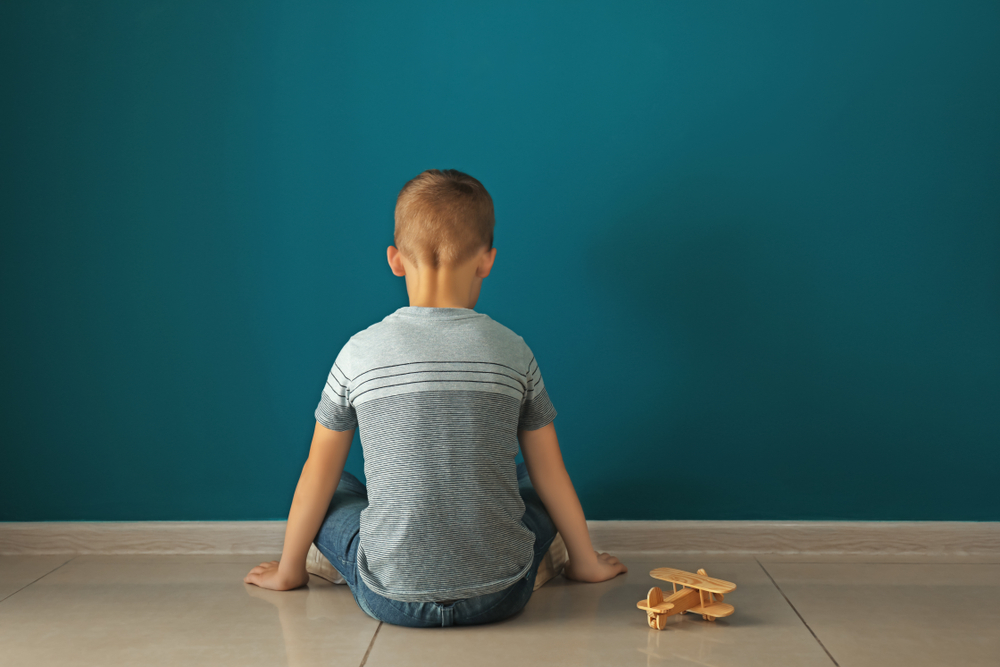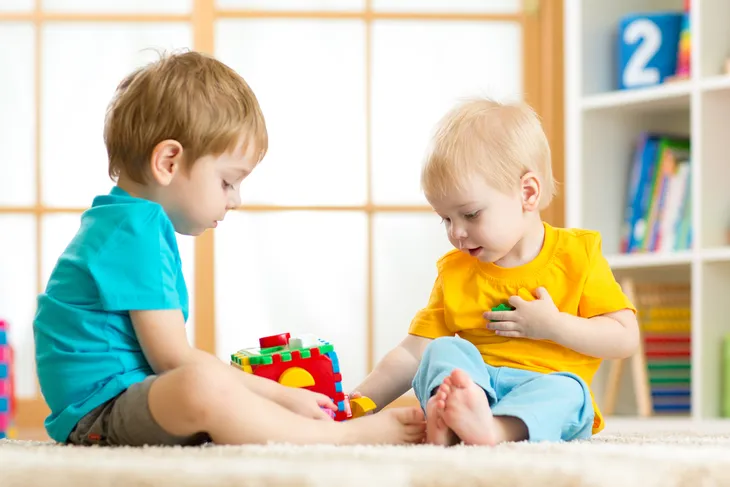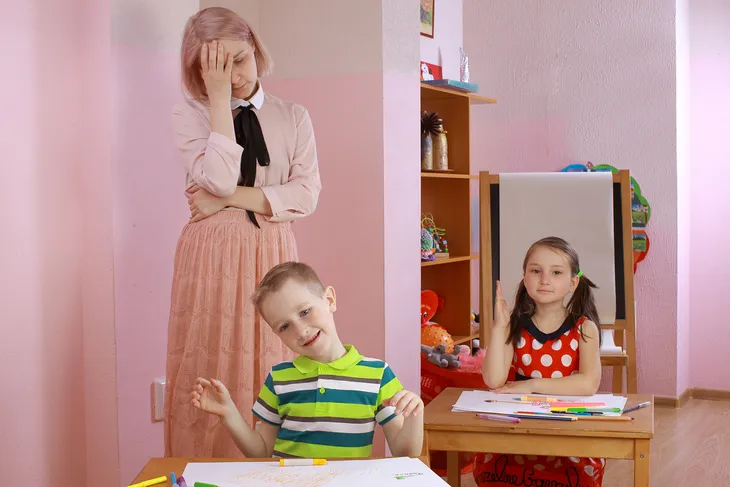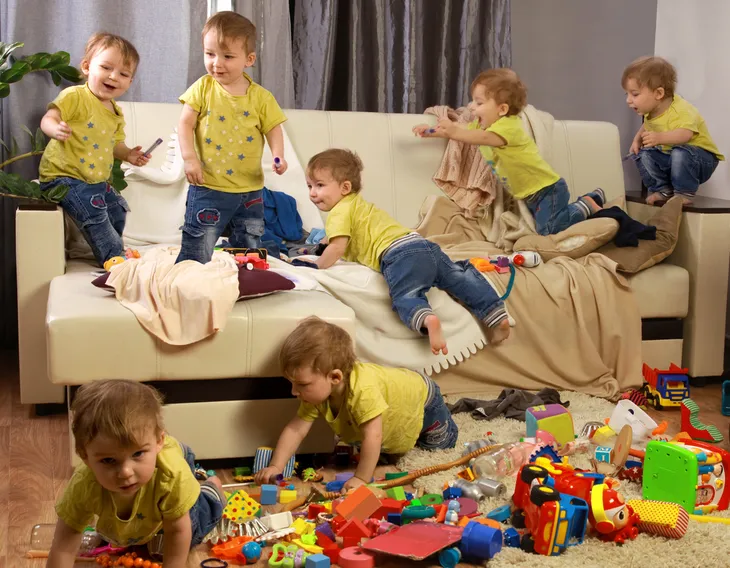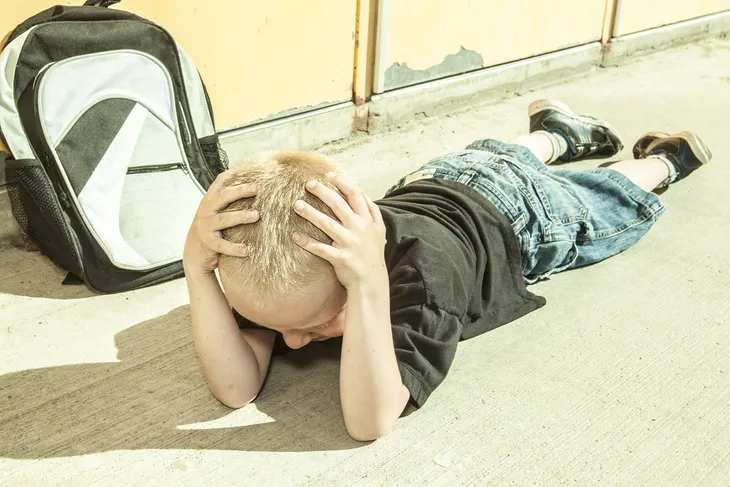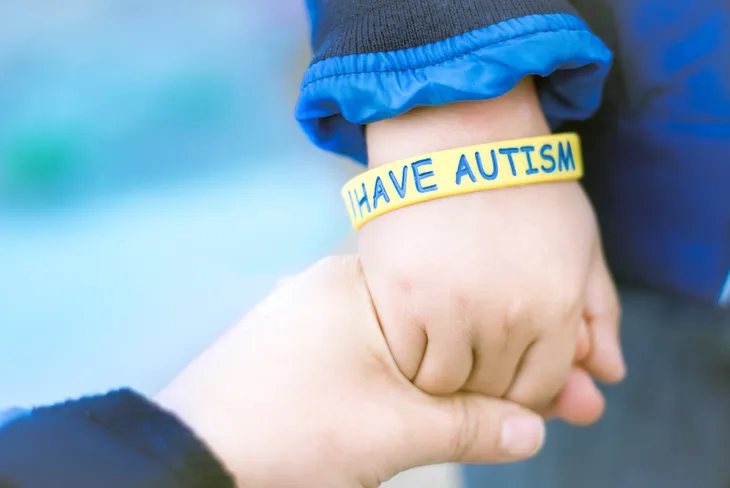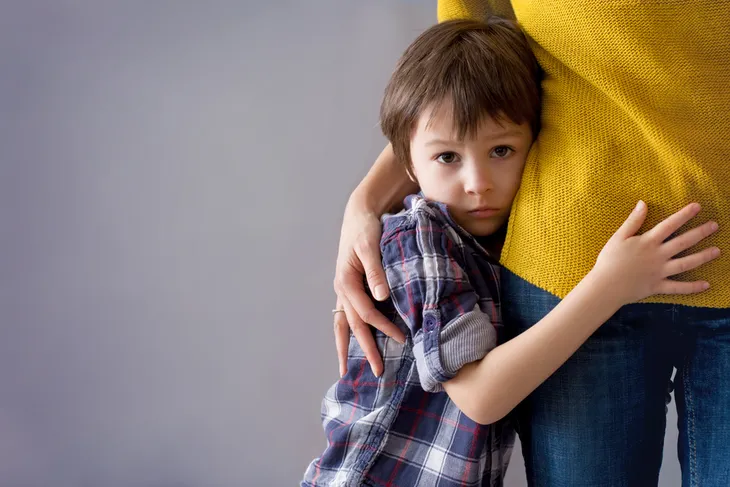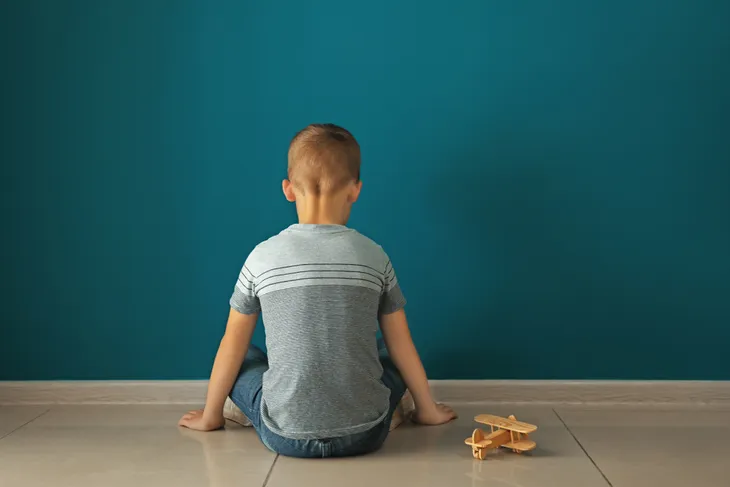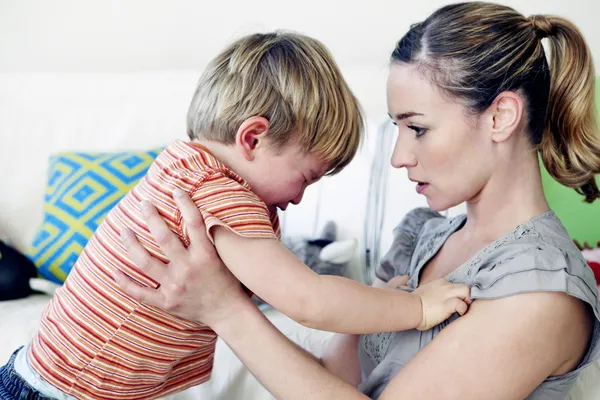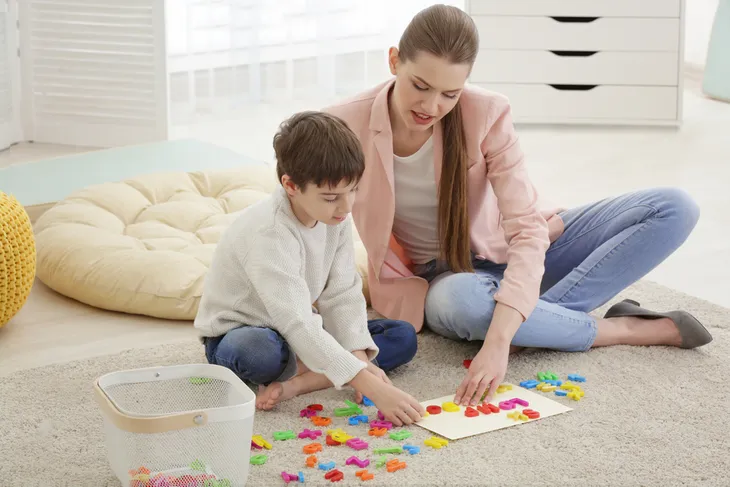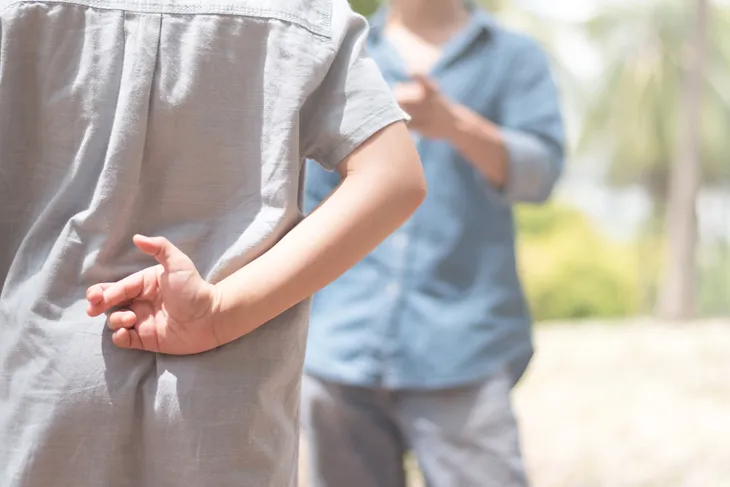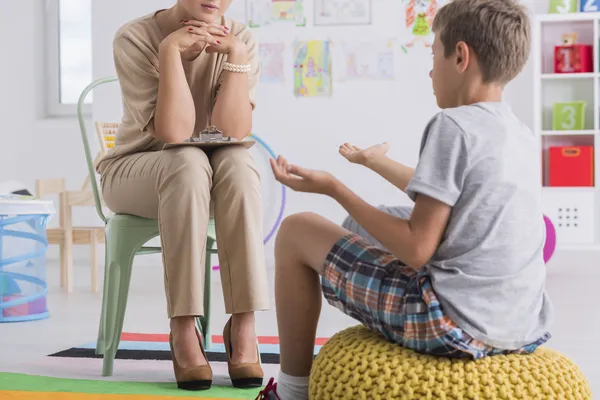Just like adults, children are complicated creatures, and they can act in unusual ways. However, at some point their behavior can cross over into disorder territory, at which time it may be reasonable to seek some medical advice.
Some of these disorders can be treated with either medications, counseling, or both. It’s important to be able to recognize some of these behaviors so you can give your child the best chance at success. Here are 12 things to know about behavioral and emotional disorders in children…
Defining Child Behavior Disorders
Healthline explains that some experts say the term “disorder” should be used carefully for children up to 5-years of age. It notes that behavioral problems in preschool years don’t necessarily mean there will be problems down the road.
Furthermore, it notes evidence is limited that “behavioral issues are evidence of a true disorder.” For example, a young child throwing a tantrum doesn’t equal a problem with authority, and a child who is easily distracted in kindergarten is not a guarantee of attention deficit hyperactivity disorder (ADHD). It’s not always easy to distinguish normal behavior from abnormal behavior during this crucial stage of development.
Common Characteristics
While various childhood behavioral issues carry different signs and symptoms, they can include anger and irritability, argumentative behavior, and spitefulness, explains AboutKidsHealth.ca.
These disorders can also be marked by unusually high aggression (towards people and animals), vandalism, stealing or lying, or intentionally breaking rules. Let’s take a closer look at individual disorders.
Attention Deficit Hyperactivity Disorder (ADHD)
Healthline says ADHD is classified as a mental health disorder, which can cause “above-normal levels of hyperactive and impulsive behaviors.” The patient may also have trouble focusing on a single task.
The symptoms of ADHD include problems concentrating, sitting still, forgetting responsibilities, or interrupting people when they’re talking. There are actually different types of ADHD, depending on the predominant behaviors (inattentiveness, impulsiveness, or both).
Oppositional Defiant Disorder (ODD)
According to KidsMentalHealth.org, ODD is an “exhausting disorder” for an entire family due to out of control behavior. However, according to the source, ODD is a learned behavior (from home environment and inherited factors). In other words, it can be unlearned.
While there are no specific medications for ODD, there may be some mental health aspects that exist alongside ODD (for example, ADHD and ODD often co-exist), which can be treated with medications. The disorder itself can be corrected with a “strict and consistent routine,” adds the source.
Autism Spectrum Disorder (ASD)
The same source says children with ASD will display noticeable symptoms early on (in the first 2-years of life). ASD affects the mind’s ability to process information, but it’s not yet fully understood.
Children with autism may not be able to recognize other people’s emotions, be non-verbal, or repeat phrases. Loneliness and social isolation can be unwanted side effects of autism.
Anxiety Disorders
Anxiety is often thought of as more of a grown-up problem, but it can affect anyone at any age, says Healthline. It is also the most common emotional disorder, it adds.
While it’s normal to feel anxious before performing or being in an unfamiliar situation, those with an anxiety disorder can feel it all the time, even when they’re in familiar surroundings. There are different types of anxiety disorders, but those common in children include obsessive-compulsive disorder (OCD), phobias (including social phobia), and others.
Depression
It may be hard to imagine that a child can be depressed, but childhood depression is very real, according to WebMD. While some children can have episodes of sadness, a persistent state of sadness is a telltale sign.
Depression in children can affect their performance in school, social connections, and family life. However, the source warns that childhood depression is often missed, because it’s mistaken for normal emotional behavior associated with development.
Bipolar Disorder
This can also be tougher to diagnose in younger patients (it can be mixed up with ADHD), but it is often marked by extreme mood changes. Your child can have an abnormally elevated mood for a period of time, known as a manic episode, and then their mood can drop into depression.
“Bipolar disorder is not the same as the normal ups and downs every kid goes through,” explains the National Institute of Mental Health. It is a “serious brain illness” and can affect a patient’s sleep patterns, energy level, and ability to think clearly. It can disrupt learning and family life, and can even cause young people to inflict self-harm.
Language Disorder
Those with a language disorder can have trouble expressing what they’re trying to say (an expressive language disorder), have trouble understanding what others are saying (a receptive language disorder), or both.
Delayed language development may be related to hearing problems, a brain injury, autism, or a learning disability.
Conduct Disorders
This is a group of behavioral and emotional problems that often begins in childhood, says Healthline. Children with a conduct disorder can be difficult to handle, as they can be impulsive and don’t consider the impact of their actions on other people.
Conduct disorders can be marked by aggressiveness, bullying, deceit, destructive behavior, violating rules, lying, skipping school, and early sexual activity. These behaviors can be mild, moderate, or severe and have been connected to damage of the brain’s frontal lobe. Environmental factors, such as abuse or poverty can also play a role in conduct disorders.
The Parenting Connection
While parenting style is usually not the cause of childhood behavioral problems, being patient with your children can go a long way, says Healthline. “Empathy, a cooperative attitude, and a calm temperament are crucial traits for parents to adopt as their child struggles,” says the source.
It says to turn to a professional if your child’s behavior becomes disruptive, their schooling suffers, or they act violently, “but before you rush to diagnose them or turn into a strict disciplinarian, reach out for help,” adds the source. Making sure your child eats a nutritious diet, engages in regular exercise, and gets enough sleep is also important.
Seeking Help For Your Child
The Centers For Disease Control and Prevention (CDC) says that getting treatment early for these disorders is important. “Treatment is most effective if it fits the needs of the specific child and family,” adds the source.
To get treatment, you’ll need to consult with a healthcare provider, and a comprehensive evaluation by a mental health expert may be needed to arrive at a diagnosis. The CDC says an effective treatment for younger children is actually aimed at their caregivers. Behavior therapy training for parents helps you learn to strengthen ties with your child and learn how to respond to their behavior.
